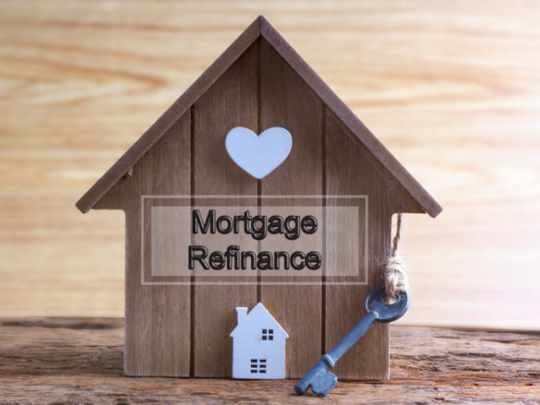
Refinancing a mortgage or home finance is a process that helps unlock the hidden value of a property. By undertaking a refinancing exercise, your home can be monetised, giving you access to easy capital, which can then be used to make new property investments, inject funds into a business or for emergencies.
It can help individuals consolidate or pay off existing debts and provide an opportunity to either lock in a lower fixed profit rate or choose a variable rate that can ease financial burden. Such refinance of ongoing financial contracts with banks is called a “top-up”.
There is also a more sophisticated cash-out financing or “equity release”. Cash-out refinancing is a way for homeowners to use the equity in their fully paid-up property for various purposes. Equity release allows individuals to use the equity in their home as collateral.
So, if you have a property which is either fully paid-up or financed by an institution, you can take advantage of various home equity financing plans, so you can use the cash released from your home and put it to better use.
Fast growth
In UAE, the home equity release market has taken off in a robust way, with the consolidation and stabilisation of the real estate market in 2014. It is now the prime focus for major banks and financial institutions, with equity release portfolios making up 20-25 per cent of the home finance market.
This kind of financing is popular for a range of purposes such as renovation, upgrades, property extension, business expansion and real estate investments by salaried and self-employed individuals. In fact, entrepreneurs are increasingly funding business expansions via the equity release route as it is a cheap source of working capital, at profit rates at the lower end of the market.
Simple procedure
The process of refinancing for equity release is pretty straightforward. Basically, banks will conduct an evaluation on the property to ascertain its finance-to-value (FTV) parameters.
Homeowners thus need to be aware of the current worth of their property and the trajectory of the real estate market, since all banks conduct stringent appraisal of property.
The appraisal will determine how much you can borrow, since UAE banks do not finance 100 per cent of the equity. When it comes to paperwork, banks usually ask for bank statements of self-employed property owners, company bank statements, and audited financials, in addition to identification documents and liability details. Customers are required to present standard income proof as well as bank statements for the purpose of debt-burden assessment and a title deed as proof of ownership. The financial situation of an applicant is a major factor in refinance approval. A home finance applicant with a verifiable income, who has a consistent employment history for a period of time is preferred.
If the property is under a home finance, the bank will review the current financing size, debt-to-income ratio, paid amount value and the remaining tenure of the existing finance together with the current property value to figure out the possible options.
Once the process is complete and the customer has signed the offer and paid requisite fees, the bank can release the equity into a customer’s account. Repayments are exactly similar to routine home finance with maximum tenure of up to 25 years under the UAE Central Bank regulations.
At Noor Bank, for example, equity release requires a monthly income of Dh10,000 for salaried individuals, and credit equivalent to Dh50,000 for the self-employed individuals. Maximum finance amounts can be granted up to Dh10 million, with funds equivalent to 70 per cent of the property value. Refinance is available to all UAE nationals, expatriates, both salaried and self-employed, for residential property as well as commercial property. Islamic banks also provide similar services.
Manage your risk
Prior to 2008, customers in the West were using home equity to fund vacations and buy big-ticket products. This can be potentially dangerous — it’s important to manage how you use the funds from refinancing, because the risk of real estate decline is inherent while opting for equity release.
Preferably, funds should be used to create fresh assets or if it is taken out for emergencies, then great care should be taken to pay the monthly instalments. So before refinancing, consider what your financial goals really are. Do you want to lower your monthly payments, invest in new property, upgrade an existing one or start a business?
It is essential to do one’s homework before applying. Always read the fine print, especially terms and conditions on profit rates. Watch out for hidden fees and penalties. Banking costs and profit rates vary with every financial institution.
While it is difficult to predict which way profit rates will go in the long term, it is important to get clarification about the costs and fees charged. For instance, the cost of switching banks carries exit charges. This includes home finance registration charges of 0.25 per cent of the full finance amount, including refinanced portion, existing finance prepayment charges, valuation charges for the property and other charges from the Dubai Land Department.
Be clear about your purpose for taking refinance, arm yourself with detailed information about costs and your ability to make regular payments. Used wisely, monetising your property can indeed be rewarding.












